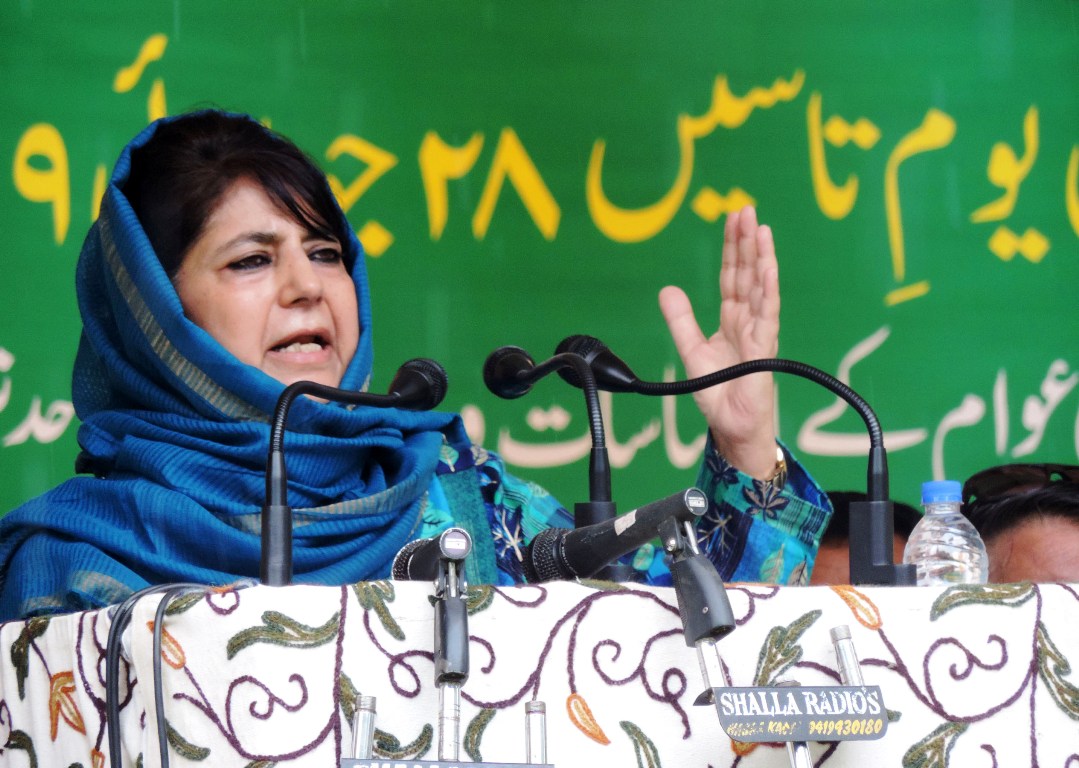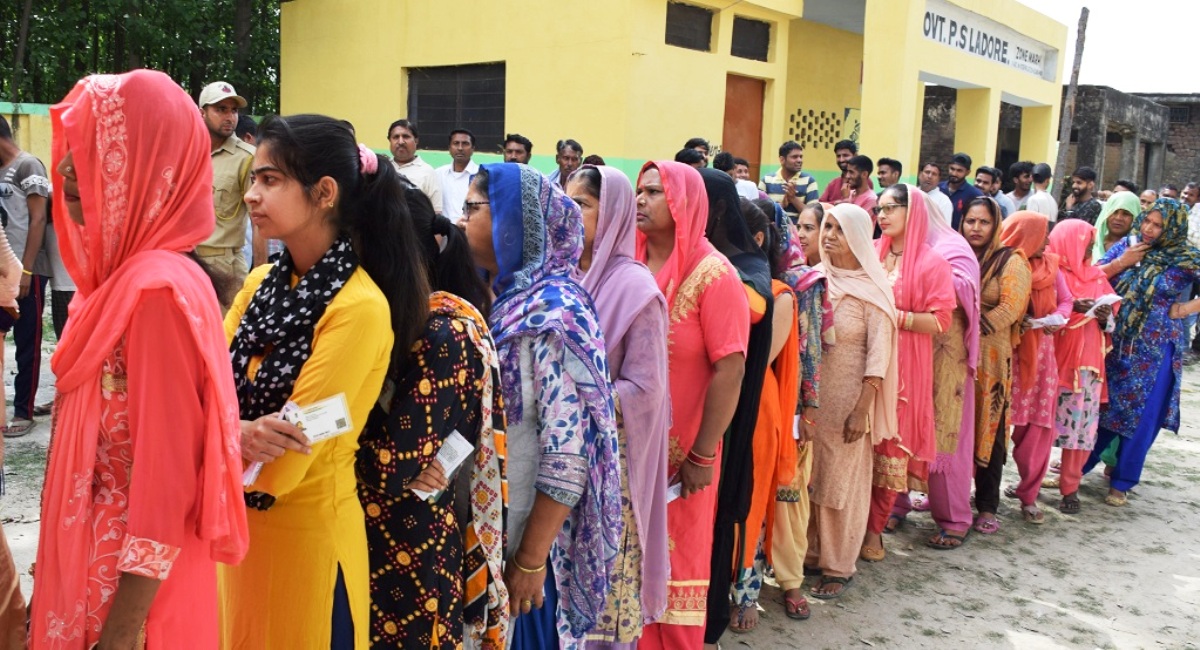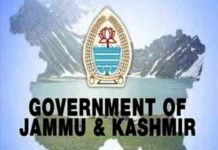SRINAGAR: Foreign minister S. Jaishankar on Monday described the situation on the LAC as “very serious”, and that “deep conversations at the political level” were needed.

He will stop over in Tehran on Tuesday en route to Moscow to attend the SCO foreign ministers’ meeting, The Times Of India reported.
According to the report, he would be the second Cabinet minister after defence minister Rajnath Singh who also stopped over on his return trip from Moscow. While officials said the stop was a “technical halt” mainly for refuelling, Jaishankar will meet his counterpart Javad Zarif, incidentally the first meeting since the pandemic hit.
The Moscow meeting will also be the first time the foreign minister will be stepping out of the country since the pandemic.
While the focus of the upcoming visit will be on the meeting between Jaishankar and Wang Yi and the prospect of a resolution of the crisis in eastern Ladakh, the meeting, albeit short, with Zarif will be equally important.
Jaishankar was speaking at an interactive session by The Indian Express newspaper.
He said that “if peace and tranquillity on the border is not a given, then it cannot be that the rest of the relationship continues on the same basis”.
“If you look at the last 30 years, because there was peace and tranquillity on the border — there were problems also…I am not disregarding that — that allowed the rest of the relationship to progress. As a result, China became (India’s) second largest trading partner…Clearly peace and tranquillity is the basis for the relationship.”
There are several understandings with China on border management which go back to 1993, he said, and these “fairly clearly stipulate” that both countries will keep forces at the minimum level at the border.
“And the subsequent agreements we had, they shape the behaviour of troops, and what are the restrains which should be on them. If these are not observed, then it raises very, very important questions. At this moment, I note that this very serious situation has been going on since the beginning of May. This calls for very, very deep conversations between the two sides at a political level.”
Asked what was a tangible diplomatic marker to signal movement forward in the negotiations, he said: “(I have) a very practical issue right now, which is the issue of disengagement and de-escalation.”
Asked how he saw the future of the India-China relationship, Jaishankar said that “this is one area my crystal ball is a little clouded”.
“He would leave it “open-ended” and both countries must try to find mutual accommodation, because their ability to do that will determine (if there’s) an Asian century or not,” newspaper The Indian Express quoted Jaishankar as saying.















